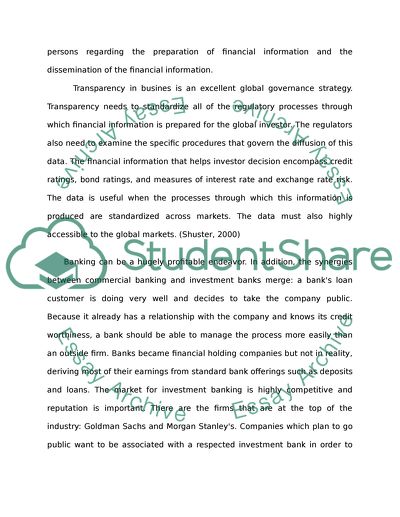Cite this document
(“SHELL ETHICAL CORPORATE GOVERNANCE IMPLICATIONS Coursework”, n.d.)
SHELL ETHICAL CORPORATE GOVERNANCE IMPLICATIONS Coursework. Retrieved from https://studentshare.org/miscellaneous/1550584-shell-ethical-corporate-governance-implications
SHELL ETHICAL CORPORATE GOVERNANCE IMPLICATIONS Coursework. Retrieved from https://studentshare.org/miscellaneous/1550584-shell-ethical-corporate-governance-implications
(SHELL ETHICAL CORPORATE GOVERNANCE IMPLICATIONS Coursework)
SHELL ETHICAL CORPORATE GOVERNANCE IMPLICATIONS Coursework. https://studentshare.org/miscellaneous/1550584-shell-ethical-corporate-governance-implications.
SHELL ETHICAL CORPORATE GOVERNANCE IMPLICATIONS Coursework. https://studentshare.org/miscellaneous/1550584-shell-ethical-corporate-governance-implications.
“SHELL ETHICAL CORPORATE GOVERNANCE IMPLICATIONS Coursework”, n.d. https://studentshare.org/miscellaneous/1550584-shell-ethical-corporate-governance-implications.


